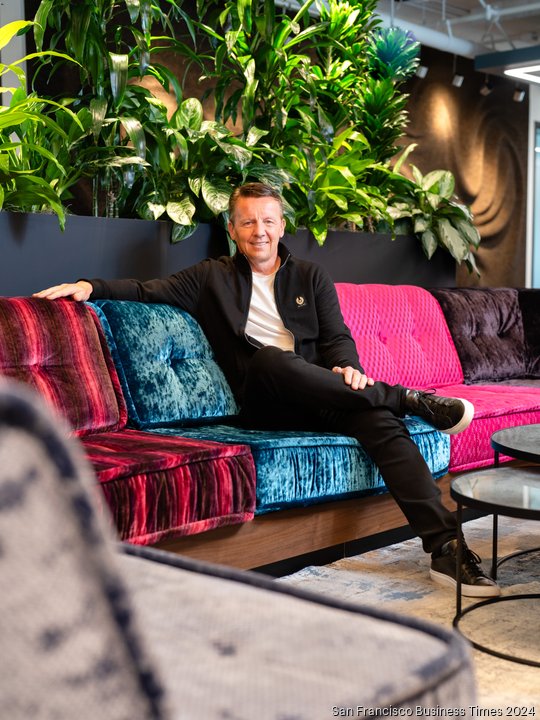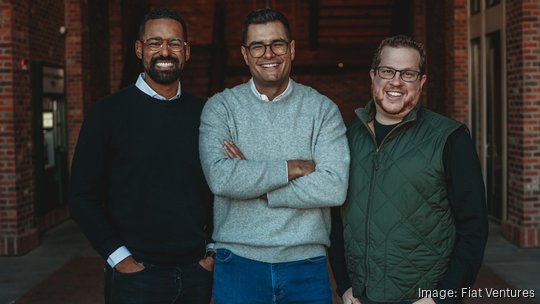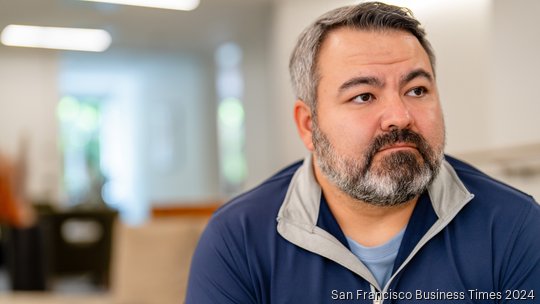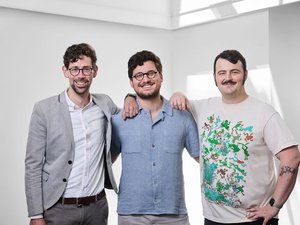
Jeremy Burton’s startup needed fresh funding if it was goiing to survive.
The CEO knew that Observe had solid fundamentals. He also knew he’d picked a particularly tough time to raise a big second helping of funding, typically called a Series B.
It was late 2023, and venture capital was going through a broad pullback a couple of years after the pandemic-era frothiness triggered by ultralow interest rates had ended.
Investors were being picky. They wanted to see sustainable burn rates relative to revenue growth. Many were also preferring to take bigger stakes in their existing portfolios rather than placing new bets.
Already a challenging task, it has become even harder to raise a Series B round over the past couple of years.
Knowing the difficulty of the task in front of him, Burton decided to get a head start in November. He started lining up meetings with investors.
Burton ended up meeting with at least 50 investors, ultimately raising $125 million for Observe’s Series B round in March from a roster of investors led by Sutter Hill Ventures. Capital One Ventures, Madrona and Snowflake Ventures also participated.
The San Mateo data observability software maker raised the Bay Area’s fifth-largest B round in the first quarter, according to PitchBook.
“It took longer than I expected,” Burton said. “No matter how long you think it’s going to take, I guess the lesson is, it’s going to take a little bit longer.”
To B or not to B
Getting to a Series B is an important milestone for startups.
“Historically, the Series B round has always been one of the most difficult to raise as a founder,” Fiat Ventures partner Marcos Fernandez said.
At that point, it’s no longer just about the promise of the founding team or the product. It’s about showing prospects for a solid business.
“Growth-stage investors are much more focused on tangible aspects of the business — around revenue, around unit economics, around scalability pipelines — almost the way that a late-growth-stage, private equity or public investor would look at it,” Fernandez said.

While a handful of AI startups continue to raise outsized rounds across various stages — xAI, Figure AI and Perplexity, among others — most private companies trying to raise growth-stage funding are competing for fewer available dollars.
Venture capital deals at the Series B stage have plummeted globally over the past few years since peaking in 2021, according to data from PitchBook.
Both the number of deals and total capital deployed at the Series B stage dropped by a third or more globally and nationally last year compared to 2022, which also saw a double-digit decline from 2021’s level.
In the San Francisco metro area, deals and capital deployed dropped by around half last year. In the San Jose metro area, the amount of capital deployed last year increased by 5% but that was concentrated in less than two-thirds the number of deals seen in 2022.
The fundraising environment is “stressful” right now, Burton said.
“It’s not going to happen for you on your first meeting,” Burton continued. “A lot of it is patience and a little bit of grind and determination. And a belief that if you talk to enough people, you will find the right investors that will want to invest at the right price.”
Series B money is still available for startups that check those boxes. Seven in the Bay raised more than $100 million in the first quarter, topped by Sunnyvale-based robotics developer Figure AI, which raised $675 million (see chart, opposite page).
On the flip side, some growth-stage startups that raised large rounds at high valuations in 2021 and early 2022, including those boosted by insider rounds, might be shut out. They might have to consider other options, such as a sale.
“What we’re starting to see today is that a lot of investors have already put money into those rounds and don’t have a lot of reserves left to continue to fund those companies,” Fernandez said. “You’re going to see a difference in the M&A market pick up because of this lack of available capital to go into companies at this stage. Their valuations are still too high for new entrants, and their existing investors are largely tapped out. And it’s going to create a volatile market over the next 12 to 18 months.”
AI, robots and more
Even artificial intelligence companies, which have attracted intense investor interest over the past year, are going through a competitive fundraising process.
Beginning in January, Rad AI lined up 100 investor meetings. By May the startup had closed a $50 million Series B from lead investor Khosla Ventures and 10 other investors.
Founded in 2018 by CEO Doktor Gurson and Chief Product Officer Jeffrey Chang, the San Francisco startup is using AI to automate tedious documentation and workflows for radiologists.
“If you have the right business metrics, then you can raise in almost any environment,” Gurson said. “I think the slide that investors were most impressed by was that we were tripling revenues year-over-year, we had over 200% net dollar retention, we had 86% gross margins and we had zero churn of logos,” or key customers.

Developing a specialized AI product with a team that had expertise in radiology likely also helped: Before starting Rad AI with Gurson, Chang was trained as a radiologist.
It’s not just AI startups raising cash, though.
Startups working in sectors such as robotics, energy and biotech were among the Bay Area’s top Series B rounds in the first quarter of the year.
In San Francisco, pet health startup Loyal, legally known as Cellular Longevity, raised $45 million, and enterprise internet network management provider Meter raised $72 million.
Two semiconductor-related startups in Santa Clara landed top rounds, as well. Eliyan raised $60 million and Expedera raised $21 million.
Overall, Bay Area startups raised just shy of $3 billion across 50 deals in the first quarter of the year, landing close to 30% of all the deals and nearly 40% of all venture capital dollars deployed nationally.
In the meantime, another pandemic phenomenon is fading — the willingness of investors to close deals on Zoom.
Despite the ease and accessibility of videoconferencing, meeting with investors face to face may have been advantageous for Rad AI.
“We were lucky enough that a lot of investors were willing to come to our office to meet us because otherwise there’s no way we could have done 100 meetings,” Gurson said. “We had, I think, eight to 12 meetings every day, and then followed by a dinner to make sure that we liked each other.”
The team uses Zoom when necessary but felt that in-person meetings were best for raising a new round.
“First meetings can oftentimes be over Zoom, that’s totally fine,” Gurson said, but “you do build a stronger connection when you’re meeting with someone in person.”







